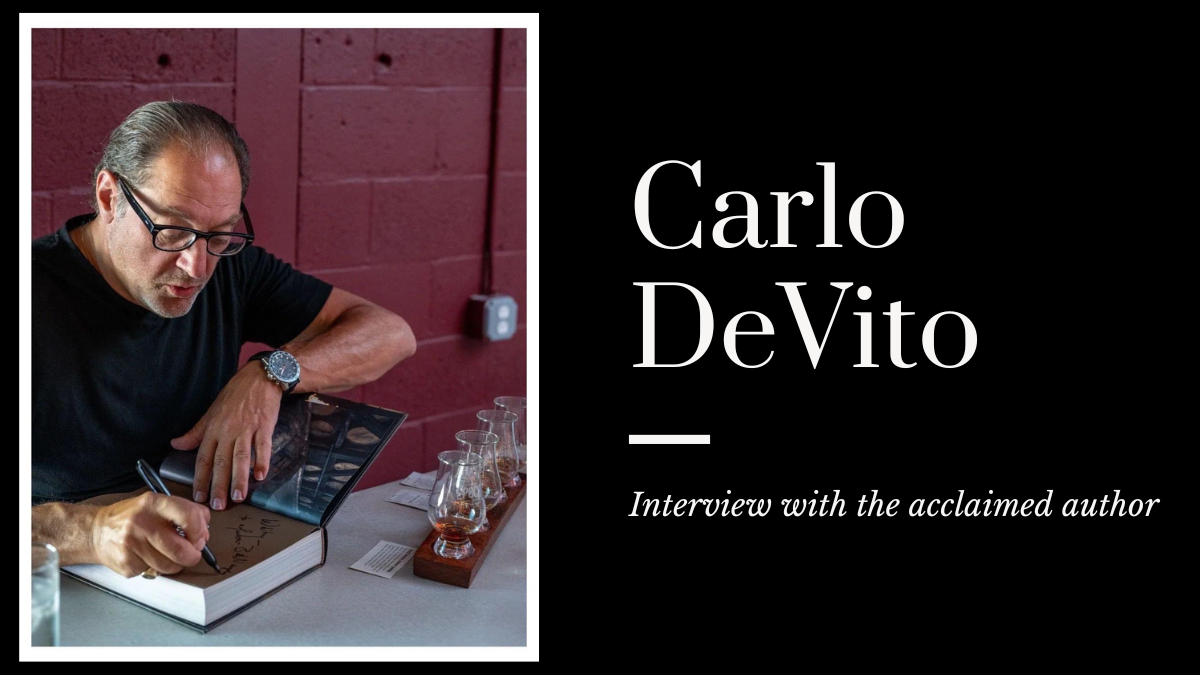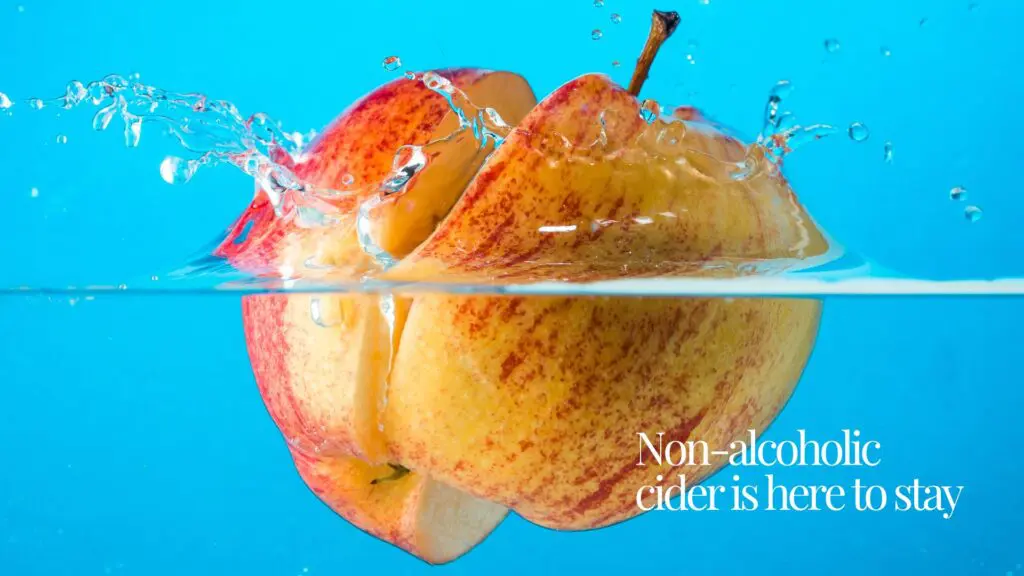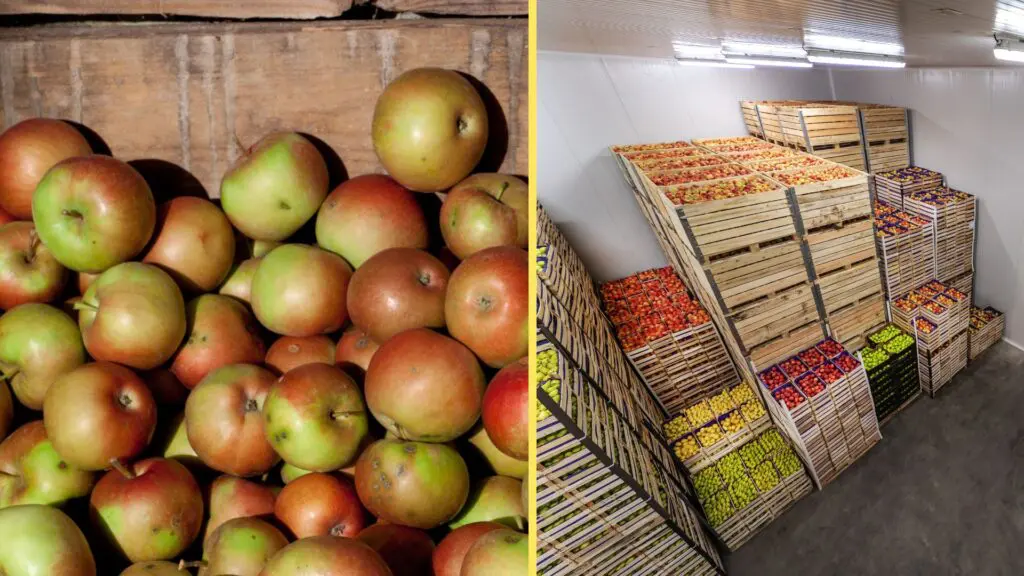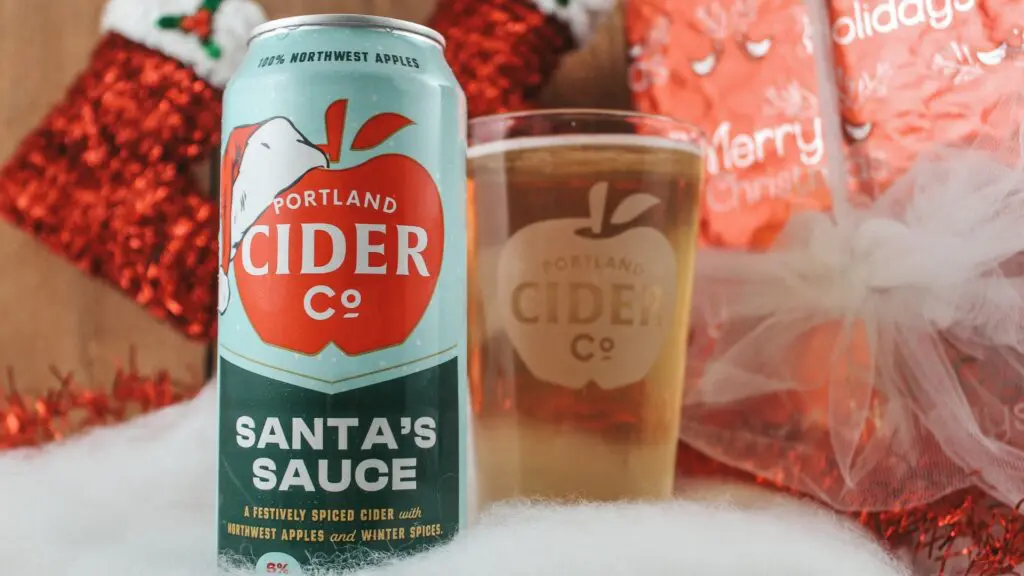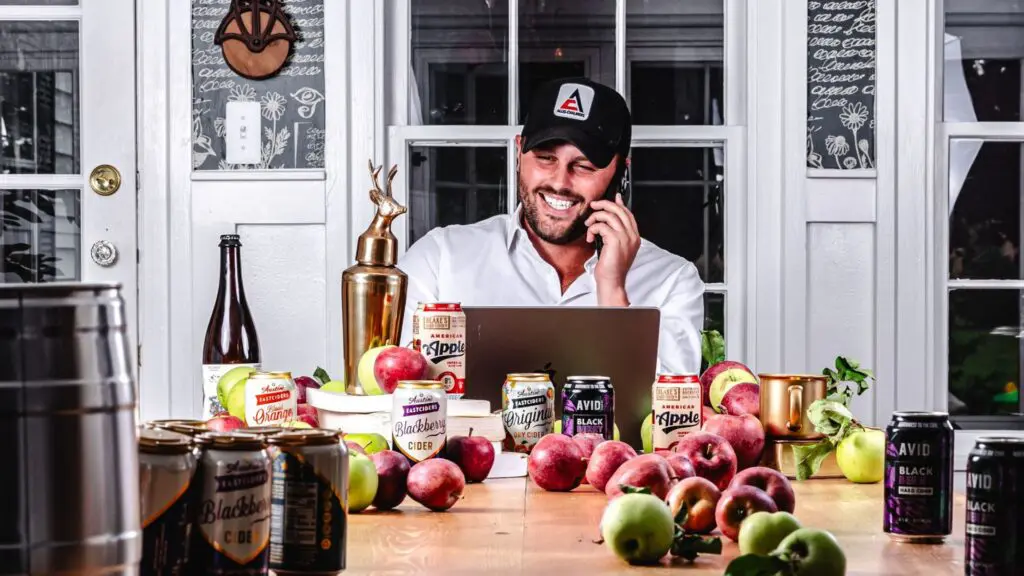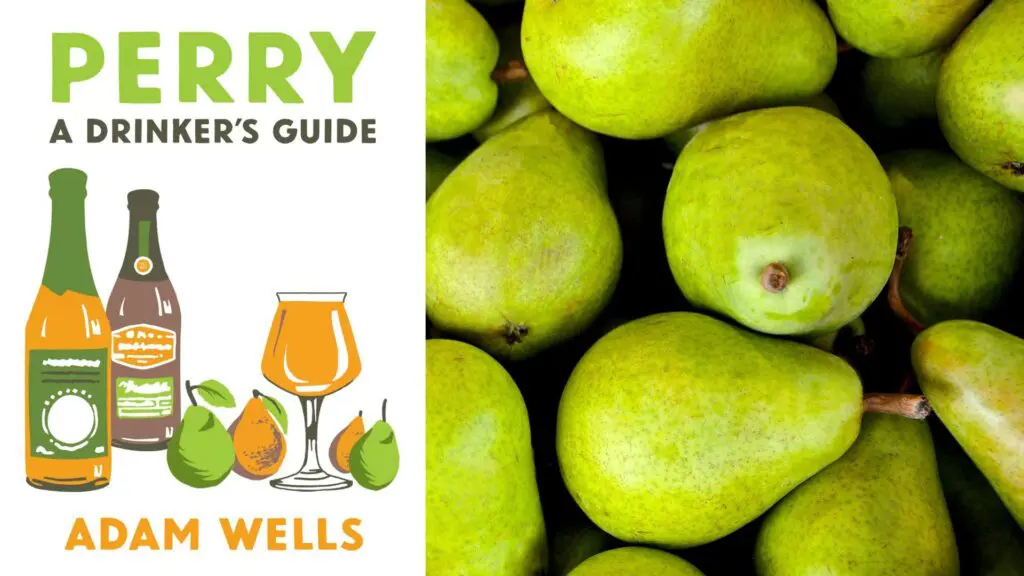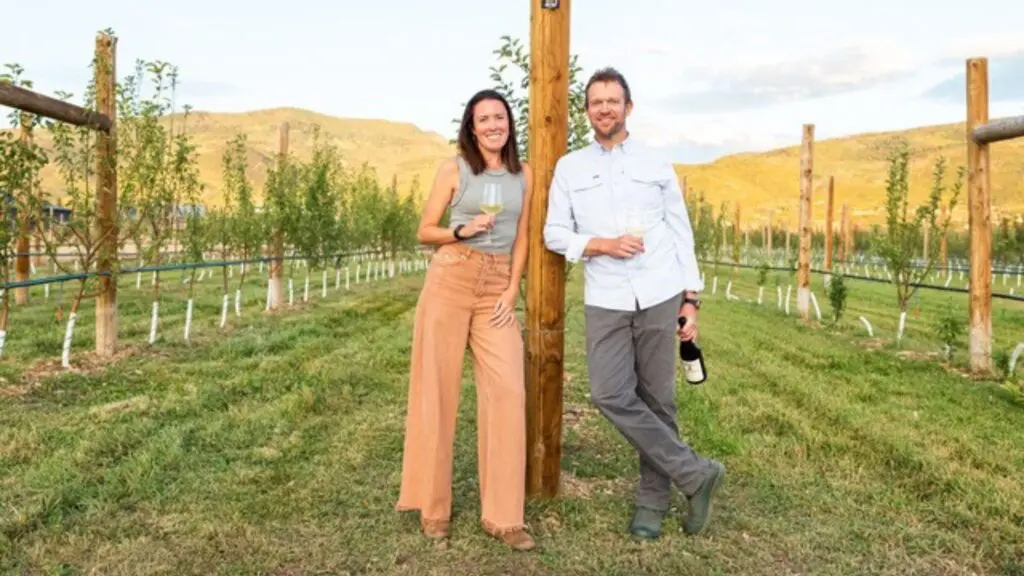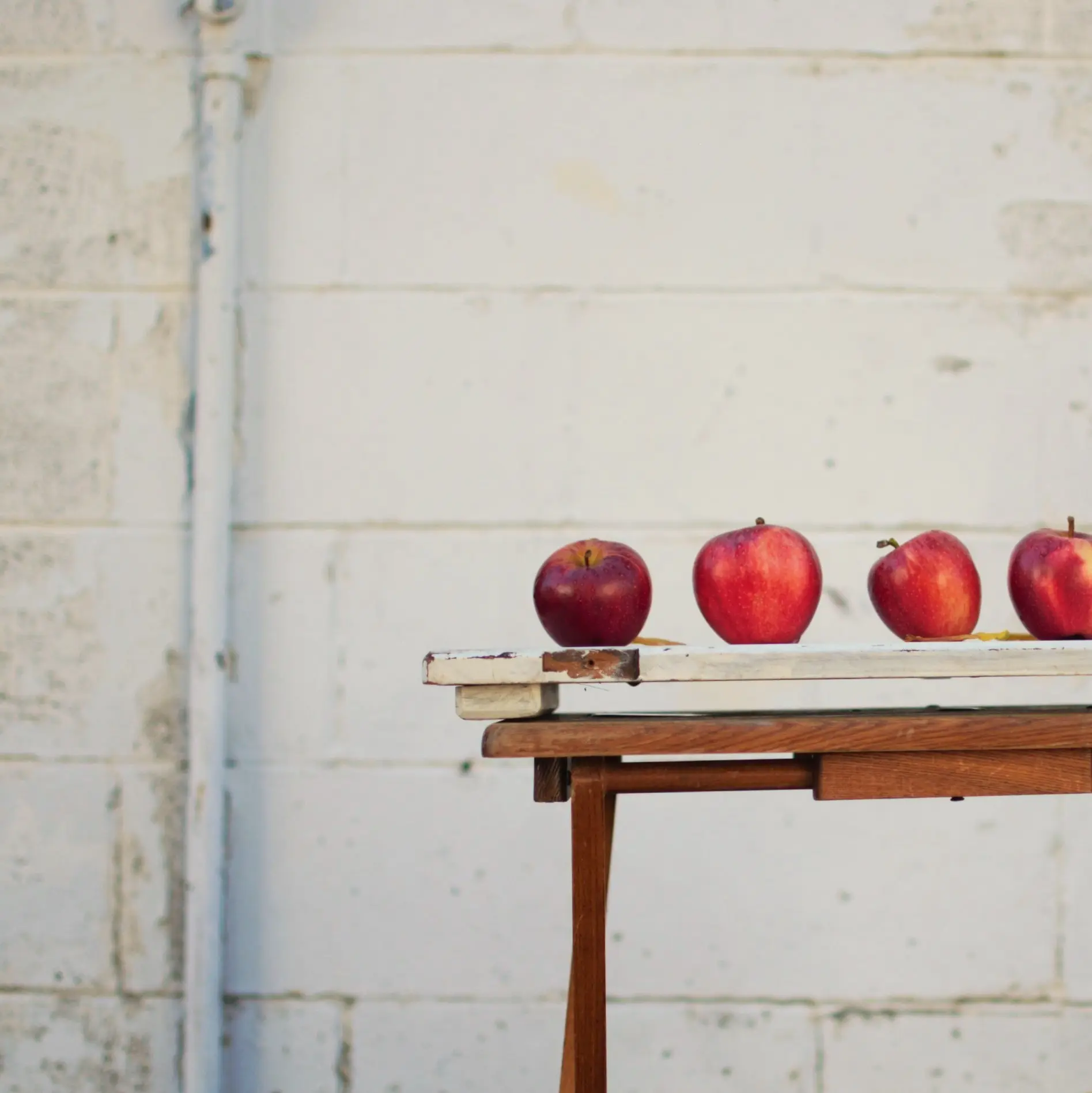Carlo DeVito is one of the hardest working people in the drinks industry. When he’s not pinch-hitting for wineries that need his expert help in the cellar, or visiting regions throughout the United States to film his Great American Winery Stroopwaffle series, the former owner of Hudson Chatham Winery in Ghent, N.Y. writes about the beverages he loves. His latest work is Drink the Northeast. The 507-page book is the ultimate guide to breweries, distilleries, wineries, cideries, meaderies and fermenteries in the Northeast, from Maine to New York.
In the introduction, DeVito says, “The Northeast is one of the most exciting craft beverage regions in North America” and declares it’s a “hotbed of fermentation.” DeVito says he has seen a tremendous revolution in the region’s craft beverages, including cider. In particular, Drink the Northeast highlights the cideries that are putting out quality products and focus on using local fruit.
Cidercraft: You’ve covered the region for more than 20 years. What are some of the biggest changes you’ve seen in the Northeast’s cider industry?
Carlo DeVito: At first, there were many ciders that were meant to be on tap at a bar. They were meant to be fizzy, slightly sweet, and very apple-y. Today, while you still have those, there’s a bigger push to artisan cidermaking in the Northeast. There’s more attention to detail and higher quality cider. Now you’re seeing Spanish, French and English style ciders that weren’t common before.
There are places that are the pillars of the community, like Farnum Hill that have been carrying that flag for years. Now you’re seeing a lot of people starting to catch up in terms of quality dry cider, quality semi-dry cider, and some really interesting cysers. There’s a lot more going on and it’s really fascinating to watch.
One of the things I discovered in New England that is relatively unique to the region is that there are a lot of fermentories — places that are making cider and beer and wine and kombucha. Urban Farm Fermentory in Portland, Maine, is the most famous, but there are many breweries and cideries following in those footsteps.
Cidercraft: What are you seeing in the diversity of apples?
CD: Diversity of apples is another big thing. I’m still seeing some big Macintosh semi-sweet ciders coming out, but I’m seeing an increase in people using classic and newer cider apples. They aren’t super sweet; they’re tart. These apples can make a quality, wine-like product that’s going to last on the shelf for 5 to 10 years.
There’s also a diversity of what’s happening with the apples. There are a number of people making great sparkling wine with the fruit in New England, as well as two that are making it from blueberries. Bluet from Maine is fantastic. One of the fascinating things about New England is that because the region couldn’t grow many kinds of grapes for years, there are a bunch of winemakers up there who are using non-grapes to make a fine dry quality wine like Bartlett Estate and Hermit Woods.
Maybe the switch off from making those sparkling wines helped cidermakers make the leap to making sparkling cider using fruits that aren’t apples.
Cidercraft: How are consumers looking at cider now?
CD: I think the craft beer explosion helped consumers become more knowledgeable. The wave of craft brewing happened and people came to understand that it’s not all Bud and Miller. I think the cider industry is going through that same thing now.
More consumers now are beginning to understand and appreciate quality cider. In Spain, France and England, you have regions where there’s cuisine that goes with the ciders. I think that only now are we starting to understand that. For me, if you’re going to have a dry sparkling cider, get a roast chicken and some roasted vegetables and life doesn’t get any better. Put the cider in a sparkling wine glass, do not put it in a pint glass — it’s not meant for that.
Cidercraft: In your opinion, who is making the best cider in the Northeast?
CD: Farnum Hill and Eden Specialty Ciders are the two best producers of quality, sparkling wine style ciders that would easily pass as sparkling wines. They also make quaffable editions of their ciders. But both are known for their quality and sophisticated product that deserves proper sparkling wine glass.
The runners up are Champlain Orchards, West County Cider, Cider Hill Cellars, Aaron Burr Cider, Bad Seed Hard Cider, Kettleborough Cider House, and Fable Farm Fermentory.

